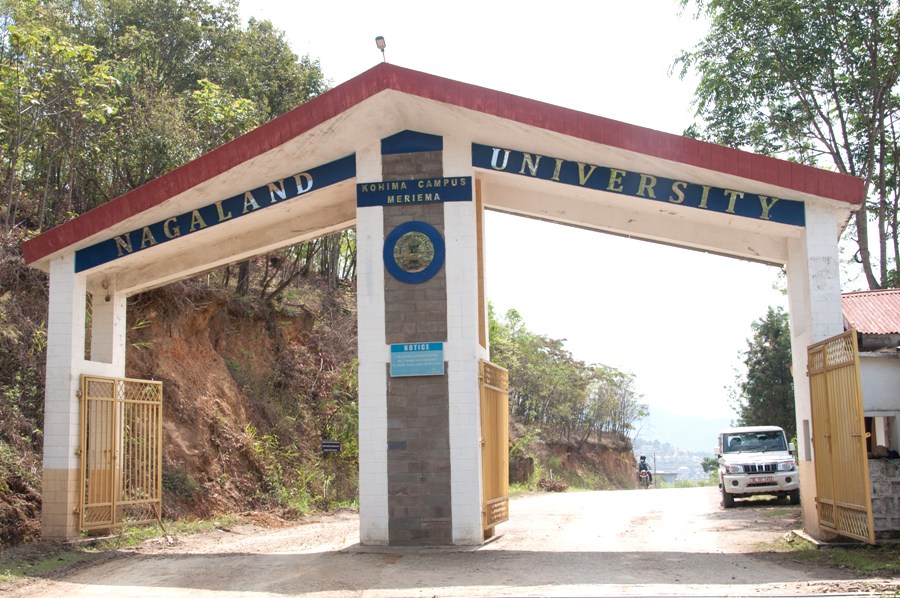Nagaland University introduces its first interdisciplinary MA in Language and Culture to preserve and promote Naga heritage.
Share

DIMAPUR — Nagaland University (NU) has launched a Master of Arts programme in Language and Culture, an interdisciplinary master’s degree.
According to a press release from the university, in keeping with the National Education Policy (NEP) 2020, which stresses the importance of interdisciplinary and multidisciplinary approaches that underscore the interconnectedness of knowledge, the course will allow students to learn and explore different curricula from various areas of study, instead of being confined to only one discipline.
Students who graduate from this programme will be equipped to appear for NET exams in Linguistics, Folk Literature, and Tribal and Regional Language. The first batch will commence classes from August 5. A total of 20 students will be admitted to this programme.
Prof. Jagadish Kumar Patnaik, Vice Chancellor of Nagaland University, described the new programme as a historic milestone, being the first interdisciplinary master’s degree of its kind offered by the university. He highlighted that the programme is a timely and important effort to preserve, promote, and advance the rich linguistic and cultural heritage of the Naga people.
Also read: Mount Olive College Kohima celebrates 33rd freshers’ social-cum-graduation day
He noted that, offered by the Centre for Naga Tribal Language Studies, the course is structured as a four-semester interdisciplinary programme, incorporating core perspectives from various schools of thought central to the study of language and culture. By adopting this multifaceted, interdisciplinary approach, the course moves beyond traditional isolated methods to foster a more holistic understanding.
Dr. Yanbeni Yanthan, Assistant Professor at the Centre for Naga Tribal Language Studies, Nagaland University, stated that the course is designed to stay relevant by addressing the growing challenges of the 21st century.
It focuses on social impact, contributing to policy making at the grassroots level, and addressing sensitive issues such as cultural heritage, language revitalisation, language policy, and the poetics and practices of lesser-studied indigenous cultures.
In terms of career opportunities, it was stated that the programme will equip students for a wide range of paths, both traditional and emerging, including research, teaching, digital archiving, consultancy, development sector roles, and language planning and policy analysis.